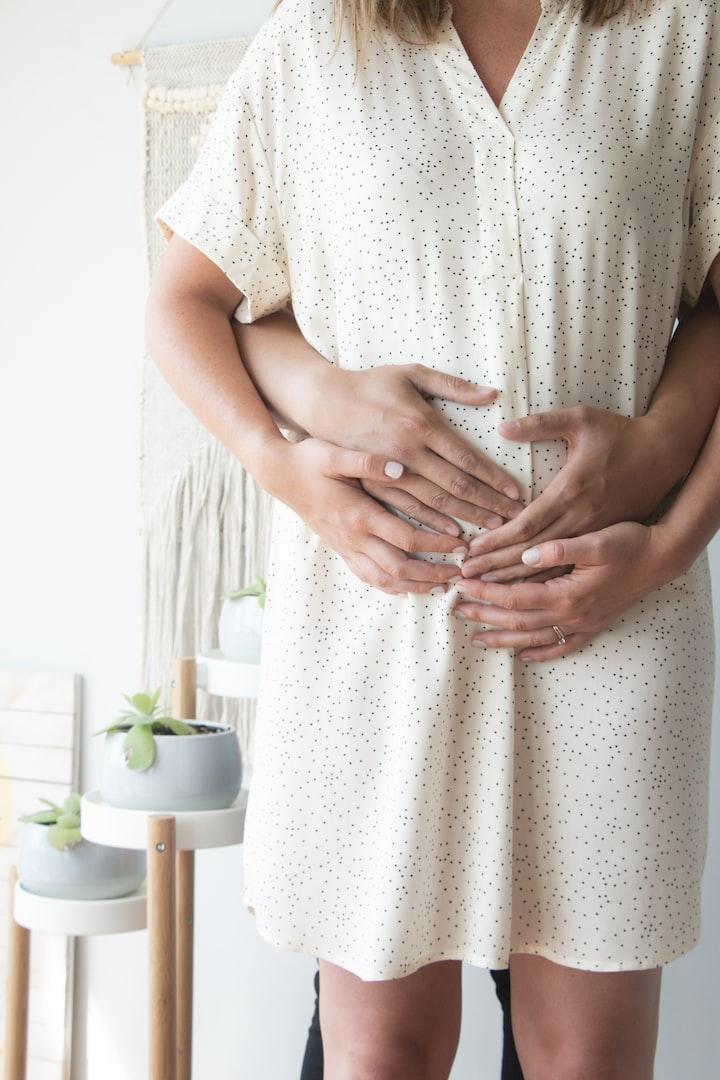The safest day to avoid pregnancy is the day before ovulation. This is because the egg will only be available for a short time after ovulation and sperm can live in the body for up to five days. Therefore, if you have sex on the day before ovulation, there is a very low chance that the sperm will still be alive when the egg is released.
-How to know when you’re most fertile
There are a few different ways to figure out when you’re most fertile. One way is to keep track of your menstrual cycle. Most women ovulate (release an egg) about two weeks before their period starts. So, if you have a 28-day cycle, you would ovulate around day 14. However, not all women have regular cycles, so this method isn’t foolproof.
Another way to determine when you’re most fertile is to look for changes in your cervical mucus throughout your cycle. Just before ovulation, your cervical mucus will become thin and slippery – it’s sometimes described as being like raw egg whites. This change in cervical mucus makes it easier for sperm to travel through the cervix and reach the egg for fertilization.
If you’re trying to get pregnant, having sex during your most fertile days is essential. But don’t worry if you don’t get it perfect – there’s no need to time things down to the hour or even the day. Having sex every couple of days throughout your fertility window will give you the best chance of getting pregnant!
-The best contraception for avoiding pregnancy
The most common type of contraception is the birth control pill, which is more than 99% effective in preventing pregnancy. The pill works by suppressing ovulation, so that an egg is not released each month. Other popular types of contraception include intrauterine devices (IUDs), implants, injectables, patches, rings, and diaphragms.
When choosing a contraceptive method, it is important to consider your overall health, as well as any medical conditions that you may have. Some methods of contraception may not be suitable for women with certain medical conditions or who are taking certain medications. It is also important to consider your lifestyle when choosing a contraceptive method. If you are sexually active with multiple partners or do not use condoms regularly, you may be at greater risk of contracting a sexually transmitted infection (STI). In this case, using a barrier method of contraception such as condoms or dental dams can help reduce your risk of STIs.
-What to do if you think you’re pregnant
If you think you might be pregnant, the best thing to do is take a pregnancy test as soon as possible. You can buy pregnancy tests at most pharmacies and supermarkets. If the test is positive, make an appointment to see your GP or midwife.
-When to see a doctor about pregnancy
There is no one definitive answer to this question. Every pregnancy is different, and every woman’s body is different. It is important to consult with a healthcare provider early on in the process to ensure that everything is progressing smoothly.
